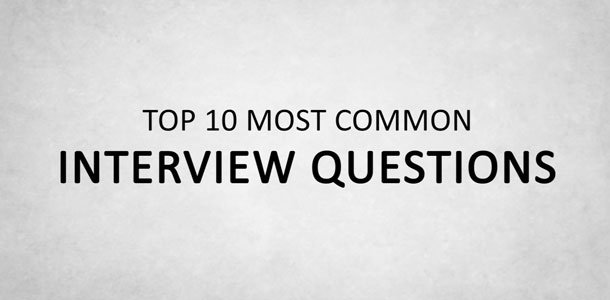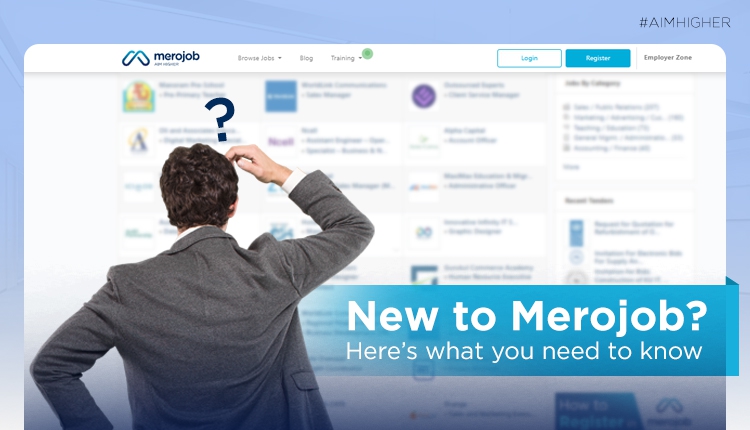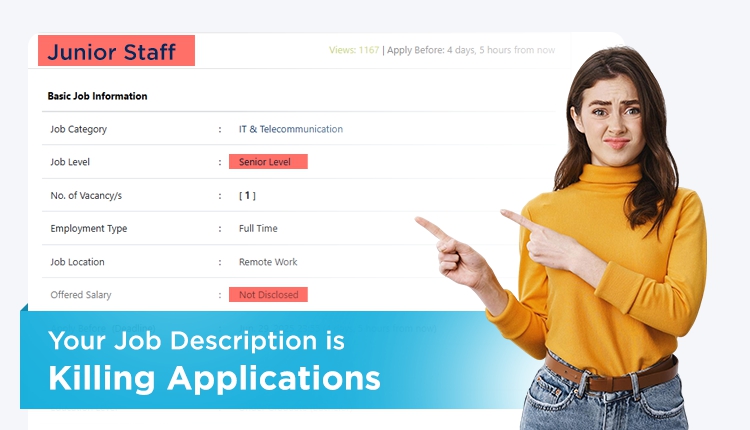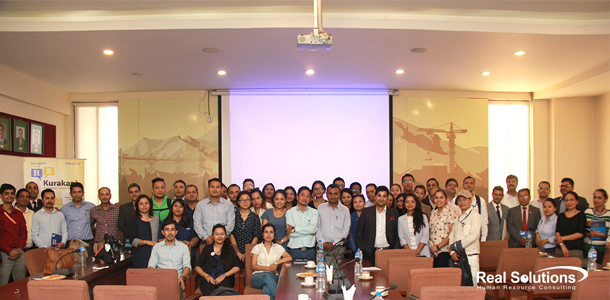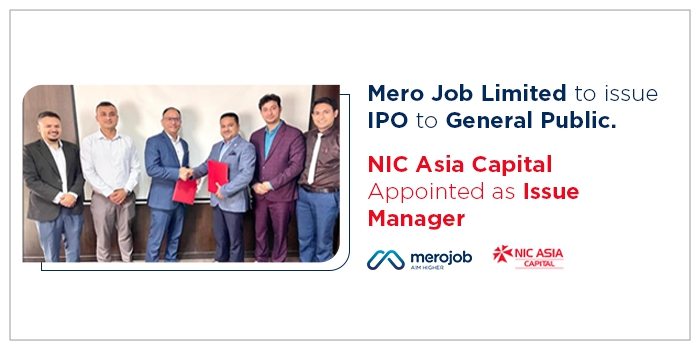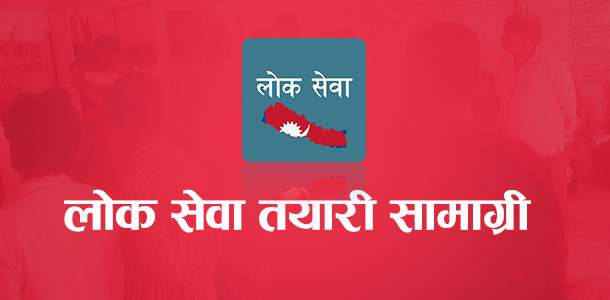Many of the questions that employers ask at job interviews will be standard interview questions. You’ll have to answer a few questions in almost every job interview. Since it's so likely that these questions will come up, it's important to be prepared to respond to them. During your interview preparation, think about possible answers which will pertain to the job you’re applying for, while highlighting your skills and experience.
It is very important to review these common interview questions so you know what you'll be asked and have an idea of how you will respond. This advance preparation will help you feel more confident and less on the spot during the interview.
Top 10 Most Frequently Asked Interview Questions with Their Answers
Here are the top 10 interview questions you'll most likely be asked at a job interview, plus the best answers.
1. Tell me about yourself; why have you applied for this role?
- Give a brief overview of your work experience.
- Connect your experience with the reasons for applying for the job opportunity in question.
- Make sure you stick to the script of your CV.
- Provide responses that suggest you are a stable, well-adjusted & positive individual.
- Give only positive statements, sell your skills & experiences as benefits.
2. What do you know about our company?
- Demonstrate that you have researched the company; know their products, the firm’s size, its reputation within the industry, its history and values.
- Allow the interviewer to tell you more about the company.
3. Why do you want to work with us?
- Talk about their needs and explain what you can do for them. It’s not about what you want at this stage.
- Show them you want to be a part of their success story, helping them to achieve their goals and meet their challenges.
- Example responses: “I believe that I have skills, knowledge, competencies and experience to help the company be successful.”
5. What kind of environment do you like working on?
- Some employers are looking for specific key phrases like “dynamic environment”. Consider how you work best, but also think about the philosophy of the company before answering.
- Don’t say that you enjoy working in a relaxed environment if they are looking for dynamism, but also consider the kind of environment that will help you to be successful & happy.
6. Where do you see yourself in 3-5 years from now?
- Talk about how you would like to progress through the company. The interviewer needs to know you’re not going to jump ship at the earliest opportunity.
- Talk about the skills and experiences you’d like to gain.
- Mention any other career ambitions that are relevant to the role you’ve applied for.
7. What are your strengths and weaknesses?
- Be honest, but end on a positive note.
- Explain that you are happy to undertake further trainings to develop your skills.
- Show how you have managed to minimize or turn weaknesses into strengths. ( E.g: through Training and Education) and use your strengths to reduce the impact of your weaknesses.
- We all have weaknesses. Still, think about how they might affect the interviewer’s impression of you before you talk.
8. How would your friends and colleagues describe you?
- Bring out the positive aspects of what your friends have said about you.
- You can mention criticisms, but demonstrate that you are willing to act upon the advice.
- Demonstrate that you can get on with all kinds of people – particularly at work.
9. Why are you wanting to leave your current job?
- Don’t criticize your past employers or current employer.
- Say something like, “I have gained significant experience, knowledge and skills over the years at the given company, but I feel I need the fresh challenges provided by this opportunity.”
10. If you were offered this role, when could you start?
Sound enthusiastic and demonstrate that you can be flexible. The interviewer might not always choose an immediately available person, so don’t worry if you need to give notice to your employer. You could still be the person his/her company needs.
Be ready to ask questions too. Researching the company before attending the interview can make it easier to ask the right questions. Failing to ask questions is often seen as bad as answering an interviewer’s questions poorly. So, prepare yourself.
